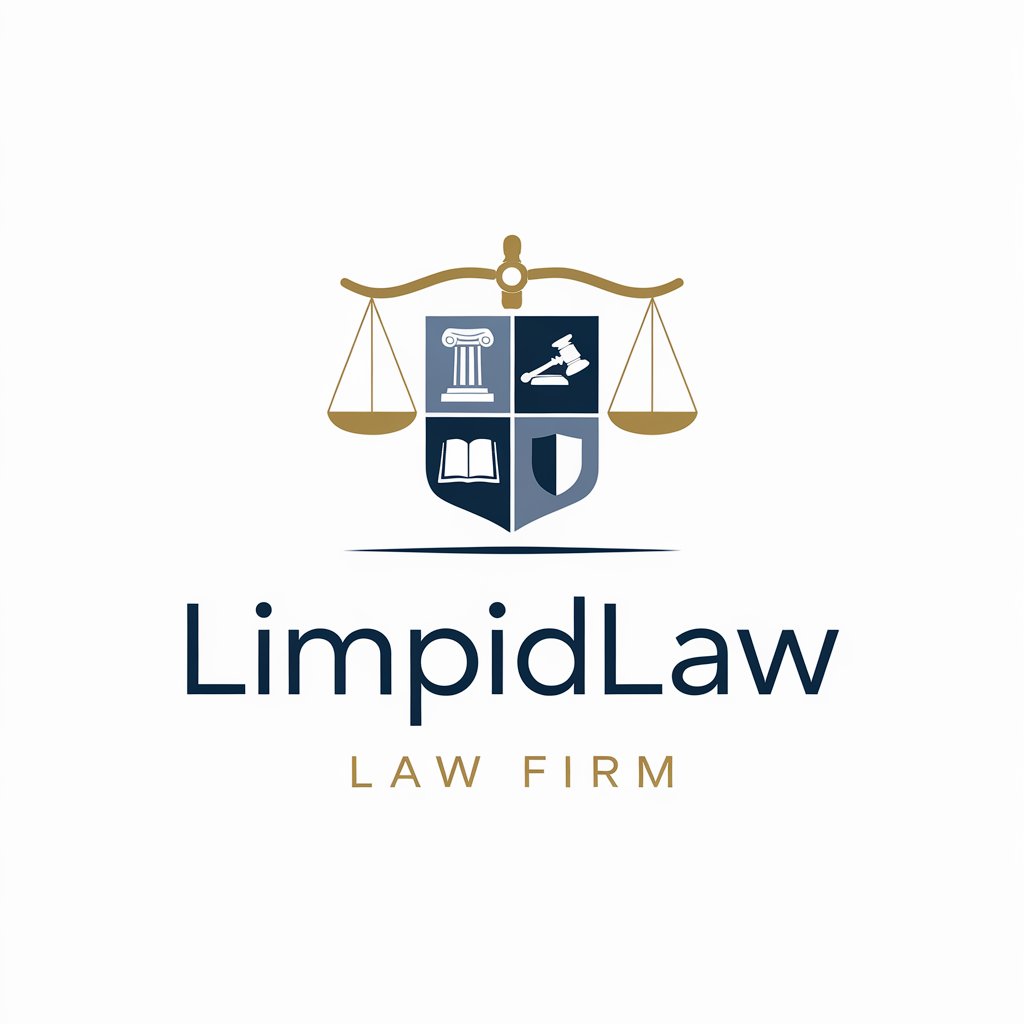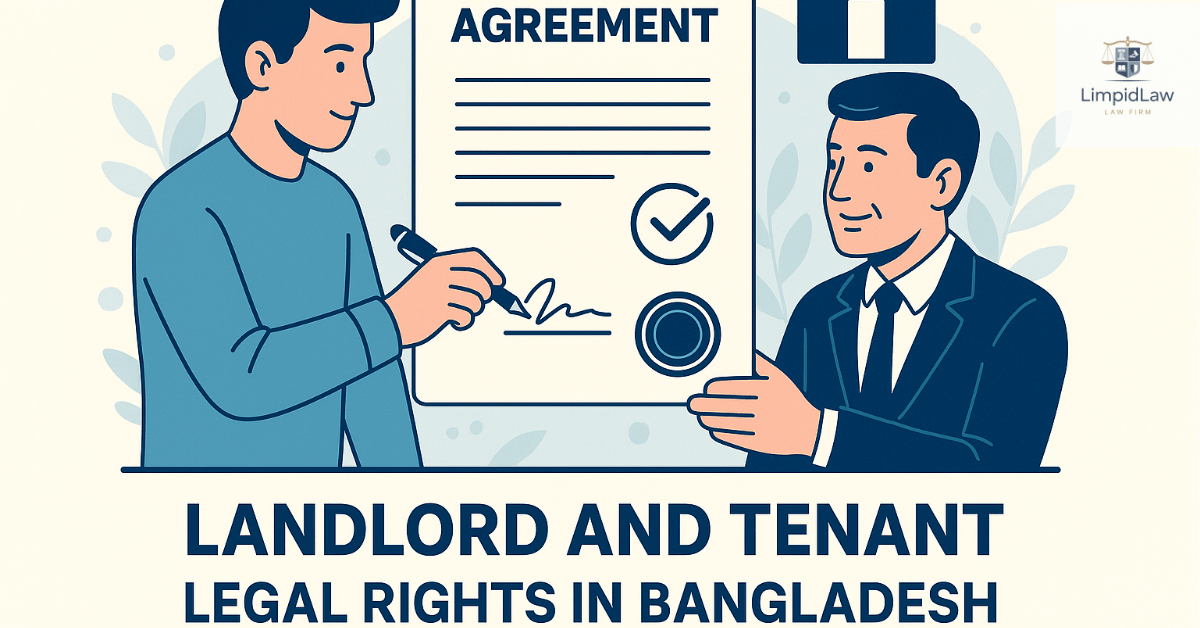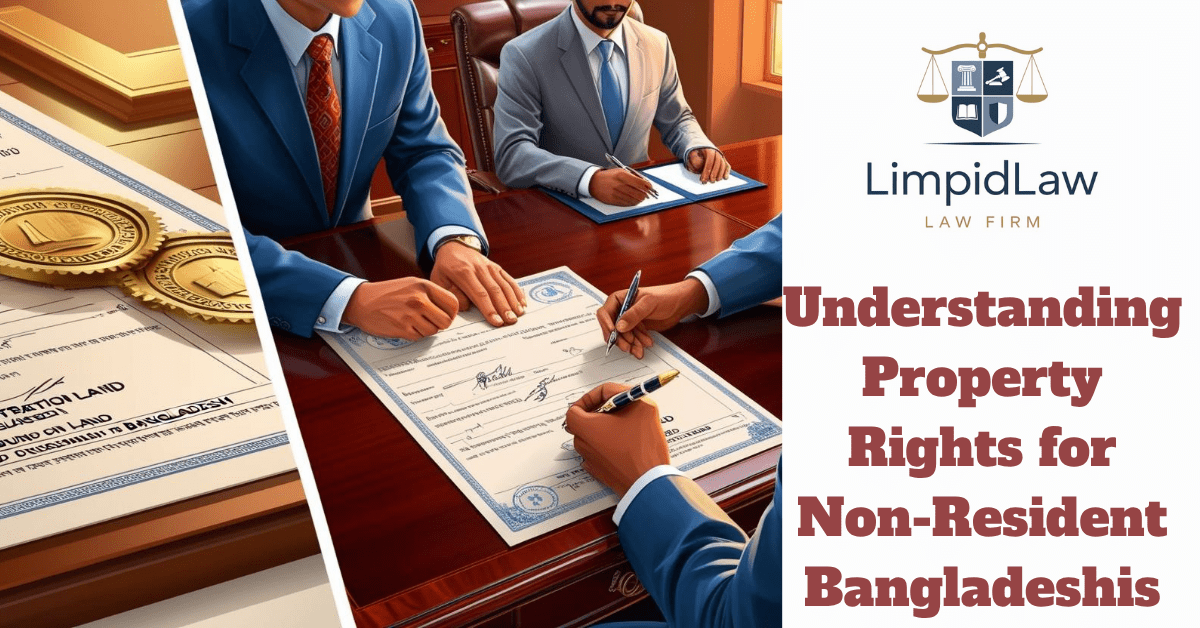Renting a property in Bangladesh can be a smooth experience—if both landlords and tenants understand their legal rights and obligations. Whether you’re a property owner or a renter, knowing the Landlord and Tenant Legal Rights in Bangladesh helps avoid disputes and ensures a fair rental process.
From house rent agreements to rent control laws, Bangladesh has specific regulations that govern rental relationships. But how do these laws protect you? What are your rights as a tenant or responsibilities as a landlord? And what happens when conflicts arise?
In this guide, we’ll break down the Landlord and Tenant Act in Bangladesh, discuss key rental laws, and answer common questions to help you navigate the rental market confidently.
Understanding Landlord and Tenant Laws in Bangladesh
The legal framework for rental agreements in Bangladesh is primarily governed by:
The Rent Control Act, 1991: This act regulates the rent of residential properties and provides protections for tenants against excessive rent increases and arbitrary eviction.
The Transfer of Property Act, 1882: This act covers general property rights, including lease agreements.
The Specific Relief Act, 1963: This act provides remedies for breach of contract, including recovery of possession.
While there isn’t a dedicated Residential Tenancy Act BD, these laws collectively outline the rights and obligations of both parties.
Types of Tenancy
Leasehold Tenancy: This is governed by agreements between landlords and tenants that specify the terms, duration, and rent.
Tenancy at Will: This is a more informal arrangement where either party can terminate the tenancy with reasonable notice.
Tenancy Agreements
Written Contracts: While not mandatory, it is advisable for lease agreements to be in writing to avoid disputes. The agreement should specify:
Rent amount
Duration of tenancy
Responsibilities for repairs and maintenance
Terms for termination
Rights of Landlords
Landlords have several rights under the law, including:
Right to Receive Rent: Landlords are entitled to receive rent as per the terms of the tenancy agreement.
Right to Evict: They can evict tenants under certain circumstances, such as:
Timely Rent Payment: Tenants must pay rent by the agreed date. Non-payment for three consecutive months allows landlords to initiate eviction.
Violation of lease terms (e.g., subletting without consent), property damage beyond normal wear, or illegal activities26.
Damage to the property.
Landlord’s personal need for the property (as per the Rent Control Act).
Issuing proper written notice, typically 30–90 days depending on the lease terms, to the tenant.
If the tenant does not vacate, the landlord must file a suit in the Rent Control Court for eviction, which evaluates evidence from both parties.
Right to Access: Landlords have the right to access the property for inspections or repairs, with prior notice (usually 24–48 hours notice) to the tenant.
Right to Terminate Lease: Landlords can terminate the lease under specific conditions stipulated in the lease agreement or by law.
Rights of Tenants
Tenants also have significant rights, including:
Right to a Written Agreement: Tenants are entitled to a written tenancy agreement that clearly outlines the terms and conditions of the tenancy, including rent amount, duration, and responsibilities of both parties. Verbal agreements are legally valid but less enforceable.
Protection from Discrimination: Landlords must treat all tenants equally, without discrimination based on religion, gender, race, or other characteristics.
Right to Habitation: Tenants have the right to live in a habitable property that meets basic living standards.
Protection from Eviction: Under the Rent Control Act, tenants cannot be evicted without a lawful reason and proper notice.
Right to Privacy: Tenants have the right to privacy and quiet enjoyment of the property and can expect reasonable prior notice before the landlord enters the property, except in emergencies.
Right to Repairs and Maintenance: Tenants can request necessary repairs and maintenance from the landlord, especially for issues that affect habitability including functional utilities (water, electricity) and structural repairs.
Right to Fair Rent: Tenants are entitled to a rent that is reasonable and in accordance with the Rent Control policies or Act (where applicable).
Rent Control Regulations
Rent Ceilings: The Rent Control Act establishes limits on how much rent can be charged, preventing landlords from imposing excessive charges. Under this law, landlords cannot increase the rent beyond a certain percentage without justifiable cause. The 1991 Act limits rent increases unreasonably (increase must be standard) unless major renovations are undertaken.
Rent Receipts: Landlords must issue rent receipts towards tenants for payments made, and If a landlord fails to deliver such written rent receipt then the Landowners will be liable to fined.
Security Deposits: Typically, landlords can ask for a security deposit, usually equivalent to two months’ rent. It should be returned at the end of the lease period, provided there is no damage beyond normal wear and tear. Security deposit can also be refundable subject to legitimate deductions for damages or unpaid rent.
Landlord vs. Tenant responsibilities:
Liabilities of Landlords-
- Must ensure properties meet safety and habitability standards15. Maintaining structural integrity is Landlord’s one of the main liabilities.
- Handling major repairs (roof, plumbing)
- Cannot arbitrarily increase rent or demand excessive advances (limited to one month’s rent)
- Complying with rental laws in Bangladesh
Liabilities of Tenants:
- Must avoid unauthorized alterations of the rented property or subletting.
- Are liable for property damage beyond normal wear and tear
- Paying rent on time
- Keeping the property clean
A well-drafted house rent agreement clarifies these duties, reducing disputes.
Dispute Resolution
Disputes between landlords and tenants can be addressed through:
Negotiation: Often the first step is to negotiate a resolution directly.
Mediation or arbitration: Third-party mediation can help resolve conflicts amicably.
Court Proceedings: If disputes cannot be resolved through above methods, either party may file a suit in a court of law. The specific jurisdiction may depend on the nature of the dispute and the property’s location.
Common Legal Disputes and How to Resolve Them
Unpaid Rent → Solution: Legal notice followed by eviction if unresolved.
Unauthorized Occupancy → Solution: Court-ordered eviction under the Rent Control Act.
Rent Increases → Solution: Must comply with local rent control act in Bangladesh (where applicable).
Property Damage → Solution: Deduct repair costs from the security deposit (if agreed).
For complex cases, consulting a Landlord Tenant Lawyer can help to navigate legal procedures.
Additional Considerations
Sub-letting: Many lease agreements prohibit sub-letting without the landlord’s consent.
Duration of Tenancy: Tenancies can be for a fixed term or periodic (month-to-month).
Rent Control Exemptions: Certain properties may be exempt from rent control laws, especially new constructions or properties above a specified rental threshold.
Practical Insights
- Advance Rent: Landlords cannot demand more than one month’s advance rent. Any excess amount can be adjusted against future rent payments.
- Rent Increases: Landlords can increase rent only under specific conditions, such as after making improvements to the property. Any increase must be in line with the provisions of the Premises Rent Control Act, 1991.
- Security Deposits: The law stipulates that landlords can collect a security deposit equivalent to one month’s rent, refundable upon termination of the tenancy.
Challenges in Law Enforcement
Despite legal protections, tenants often face issues like illegal rent hikes (e.g., Dhaka’s rents rose 200% over 25 years) and landlords shifting maintenance costs. Strengthening oversight of rent control courts and raising tenant awareness are critical for equitable enforcement.
This framework ensures both parties’ interests are safeguarded, though systemic reforms are needed to address implementation gaps.
Frequently Asked Questions (FAQs)
What are a tenant’s basic rights in Bangladesh?
Tenants have the right to have a fair rent, a written agreement, protection from discrimination, privacy, sudden eviction and a habitable living environment.
Can landlords increase rent in Dhaka or anywhere else in Bangladesh?
Yes, but only under specific conditions outlined in the Rent Control Act, 1991, such as after making improvements to the property and such rent increases must be reasonable. Such rent increase or demanding advances is limited to one month’s rent (except previous approval by the Rent Controller).
Do you need a rental agreement in Bangladesh?
Yes, A written rental agreement i.e. tenancy agreement is crucial because:
✔ It legally binds both parties to agreed terms.
✔ It serves as evidence in disputes.
✔ It clarifies tenant’s rights and obligations (e.g., maintenance duties etc.).
A standard agreement should include:
– Rent amount & payment date
– Security deposit details
– Duration of tenancy
– Maintenance responsibilities
How to rent a property in Bangladesh?
To rent a property, search for properties and identify a suitable place, verify ownership documents, negotiate rent and terms with the landlord, sign a written tenancy agreement outlining the terms and conditions, pay security deposit & regular rent.
What is tenancy law in Bangladesh?
Tenancy law in Bangladesh is primarily governed by the Rent Control Act 1991, which regulates rental agreements, rent control, and the rights and obligations of landlords and tenants.
Where can I find a landlord-tenant lawyer near me?
You can contact us for consultation. Also, you may look into legal directories or local bar associations in Bangladesh to find a qualified landlord-tenant lawyer.
What happens if a tenant refuses to leave?
Landlords must issue a legal notice and, if needed, file for eviction in court.
Do verbal rental agreements hold up in court?
They can, but written agreements are stronger evidence in legal landlord-tenant disputes.
Conclusion
Understanding the legal rights and obligations of both landlords and tenants is crucial in Bangladesh to ensure a fair and harmonious rental experience. By being aware of your rights and obligations, you can prevent disputes and foster a mutually respectful living arrangement. It is advisable for both parties to have a written tenancy agreement that clearly outlines the terms and conditions and to seek legal advice i.e. Landlord and Tenant Lawyer when necessary to navigate complex situations. Got more questions? Drop them in the comments or please contact.



